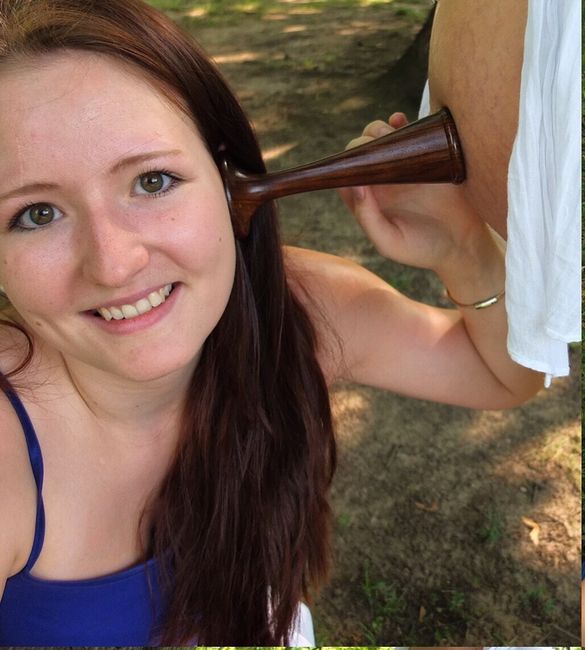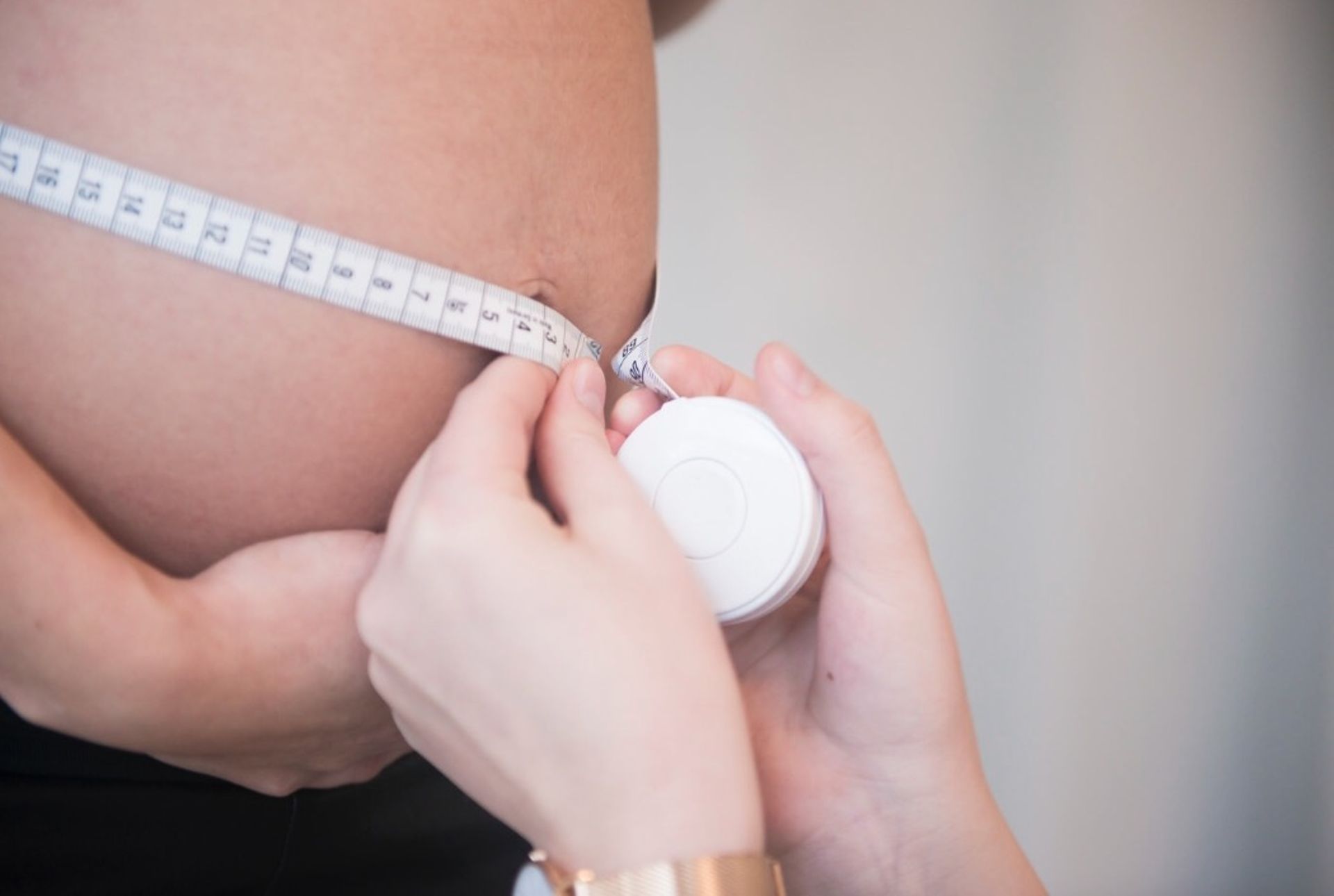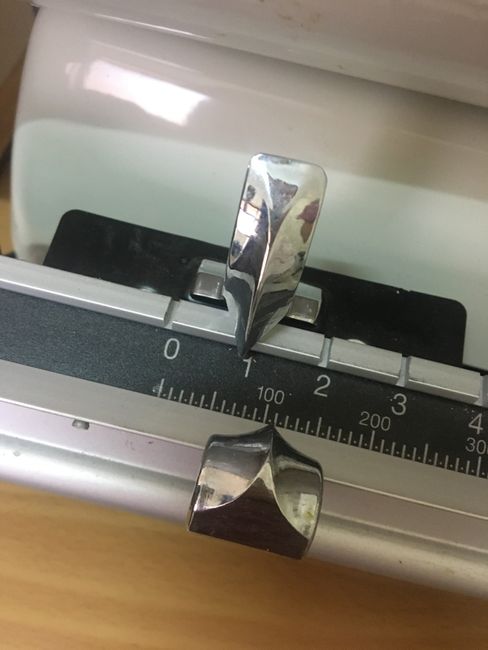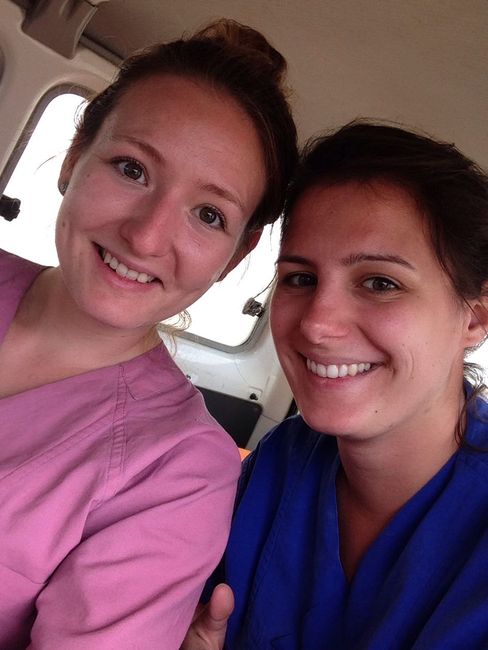
germanmidwifegoesafrica
vakantio.de/germanmidwifegoesafrica
Every life is worth living
ପ୍ରକାଶିତ |: 15.10.2018
ସମ୍ବାଦପତ୍ରକୁ ସବସ୍କ୍ରାଇବ କରନ୍ତୁ |
'Hope is the quiet voice that whispers to you: maybe, if the rest of the world is shouting NO.'
Monday, 15.10.2018
A woman comes into the delivery room because of bleeding. She is in her 7th month of pregnancy.
The doctor wanted to examine her himself.
He reported that the birth is unstoppable and he believes that the child probably has no chance of survival. As a midwife working in a level 1 clinic, I could not simply accept this statement. From the 24th week of pregnancy and around 500g birth weight, the children are viable thanks to the pediatricians and medical care.
I injected the woman with another medication that is also given in Germany and ensures that premature babies have a better start in independent respiration.
The woman was absolutely silent. She hardly showed any signs of pain during a contraction, not even a change in her facial expression. It was almost frightening. She looked deep into my eyes without looking away. I would have loved to explain everything to her. But once again, communication was not possible.
This woman was also HIV positive. It's becoming more and more common.
According to official figures, the number in Tanzania is 'only around 6%', but in our clinic, 15-20% of pregnant women are affected.
So, it was important to protect ourselves again.
The doctor had just examined the woman. He no longer believed that a transfer to the larger hospital with a pediatric clinic was possible.
Over an hour later, the amniotic sac burst and I noticed that we were in the final stage of labor. The woman still showed no signs of pain. The fetal heart rate was consistently normal, and I prepared the warm bed with all the equipment I had available.
For preterm births and HIV positive women, it is important to minimize examinations as much as possible to reduce the risk of infection. The doctor had examined earlier and reported a normal result.
Trust is good, control is better.
In retrospect, I was very angry with myself.
The woman pushed reflexively and I noticed that it was not the head that was coming first, but the buttocks.
Breech presentation!
All the necessary steps and specifics immediately came to mind. Of course, the child was small, but in Germany, a cesarean section would have been performed at this size to protect the head.
But there is always a first time for everything.
And so, I helped the woman alone, without a doctor, deliver her premature baby in breech presentation. It went well.
I immediately provided care, the baby cried softly, showed good reactions, and tried to breathe (although it was clearly exhausting for the little boy). He was a fighter, and I placed him tenderly on the mother's chest, surrounded by cloths to keep him warm. Oxygen was the only means to support his breathing. He did really well.
First, the nurse came in, saw the baby, and laughed at me for trying to keep it alive. Then the doctor arrived, about 20 minutes after the birth. He was surprised, and I asked him to transfer the child to the clinic with the pediatric ward. He wanted me to remove the oxygen and let the baby die.
I said that I couldn't do that because he was showing so much vitality and at least wanted to have hope in the pediatricians of this city.
After another 30 minutes, where the baby was still alive, beautifully rosy in color, and remained warm from the mother's body, I convinced him and called an ambulance for transport.
Have you ever heard of the specially specialized ambulances for the transfer of premature and newborn babies in Germany? State-of-the-art technology and care are guaranteed during the journey. Great thing!
Here's the usual stretcher as always, I held the baby wrapped in all the cloths I could find close to my body and helped the woman onto the stretcher. Johanna was next to me. We drove to the main building of our clinic and wondered about the detour. An elderly woman who could not walk and could hardly be spoken to was also supposed to ride with us.
Great. Group transport in an ambulance. It took forever to bring this woman in. Our newborn mother had to make room on the stretcher and sit next to me. In total, there were 9 people + one premature baby wrapped only in cloths in this vehicle. Unimaginable!
After a fast ride, we reached the clinic. The pediatric ward was completely overcrowded. No free beds, no heat lamps, no incubators or free oxygen devices. The women sat on the floor with their small children in their arms to feed or breastfeed them. It is really unimaginable.
I handed the baby over to the nurse, and she assured me that she would take good care of him. I can only hope so.
The farewell was emotional. Finally, you could see a hint of a smile on the woman's face, she hugged me and was very grateful.
Did I do everything right?
Will the baby survive?
Was it the best thing for the child and the woman, considering possible long-term effects?
These are questions that nobody can answer. I acted instinctively, to the best of my knowledge and belief, and based on my intuition.
Would I have resuscitated? Probably not, considering that the child weighed only 1.1kg.
But he was breathing on his own, had good muscle tone and reflexes, and had a good skin color and heartbeat.
I still think a lot about the woman and her child today and hope for the best! I believe I could not have done more.
Nevertheless, it is sad that this child would have had such a much better start in life in Germany.
ସମ୍ବାଦପତ୍ରକୁ ସବସ୍କ୍ରାଇବ କରନ୍ତୁ |
ଉତ୍ତର


